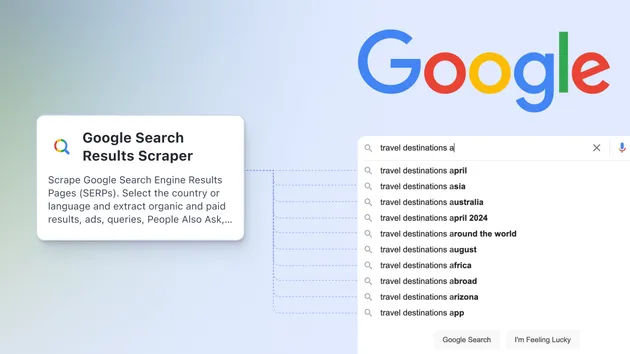Lighthouse Audit
Pricing
$30.00/month + usage
Lighthouse Audit
Automatically test the speed of your web pages and get daily or weekly detailed performance reports using Google's Lighthouse for Chrome. Ensure your website remains fast even as you add new features and pages. Export the result in ZIP and MHTML files
Pricing
$30.00/month + usage
Rating
0.0
(0)
Developer

Caleb David
Actor stats
2
Bookmarked
89
Total users
0
Monthly active users
2 years ago
Last modified
Categories
Share



